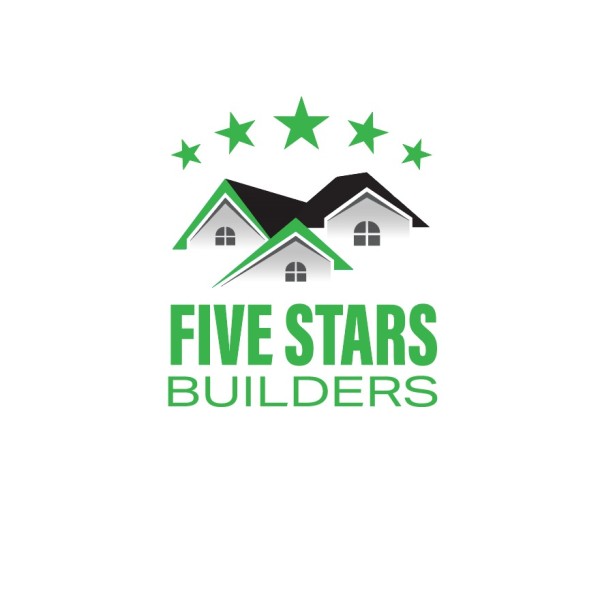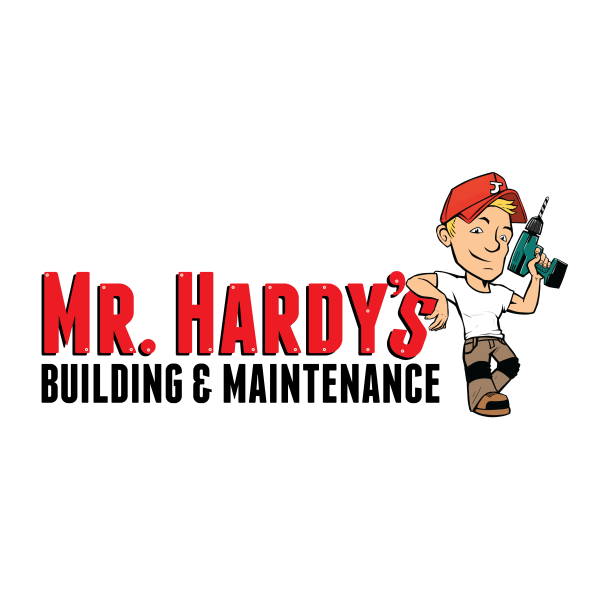Loft Conversions in Ware
Welcome to Impress Europe Ltd, your go-to construction experts in Chipping Barnet, Barnet, Lo... read more »
Welcome to Five Stars Builders Ltd, your premier choice for exceptional building services in... read more »
Homes & Gardens Building & Design Ltd stands as a beacon of excellence in the construction and renovation indust... read more »
A&A Best At First Ltd is your go-to solution for exceptional building and renovation services in Chingford Hatch... read more »
Welcome to The Likeable Craftsmen, your go-to experts for all things home improvement in Potters Bar and across Hertfordshire,... read more »
Welcome to 10 Ten Construction Ltd, your go-to experts for all building needs in Borehamwood and across Hertfordshire. Specialising in Bu... read more »
Welcome to Nikollas Developments Ltd, your go-to experts for all construction needs in Higham Hill and the vibrant Waltham Forest area of... read more »
Team Build Ltd, proudly based in Brickendon, is your premier choice for top-tier construction services across Hertfordsh... read more »
Welcome to LBH Building And Property Services, your trusted partner for all your building needs in Welwyn Garden City and the wider Hertf... read more »
Welcome to REY Property Solutions LTD, your trusted partner in construction and renovation services in Waterdale, Hertfordshire. As a lea... read more »
Coleman Property & Development Limited, nestled in the vibrant community of South Hatfield, is your go-to choice for all... read more »
Welcome to DH Fix-up, your trusted partner for all your home improvement needs in Wandon End and across Hertfordshire. As a leading provi... read more »
Welcome to Blueprint Construction Ltd, your go-to experts for all building needs in Markyate and throughout Hertfordshire. As a leading c... read more »
Welcome to Indrit Construction, your premier choice for all building and renovation needs in New Barnet and the surrounding areas of Barn... read more »
Welcome to CM Building Ltd, your premier choice for extension builders, loft conversions, renovations, property refurbishment, garage con... read more »
Welcome to Mr Hardy's Building & Maintenance LTD, your trusted partner for all building and renovation needs in South Oxhey and across He... read more »
Welcome to Petrakol Ltd, your go-to experts for building and renovation services in Lower Edmonton and the wider Enfield area of London.... read more »
Welcome to TC Builders Ltd, your go-to experts for all construction needs in Digswell Park and throughout Hertfordshire. As a leading pro... read more »
Welcome to Art Construction London Ltd, your go-to experts for all construction and maintenance needs in Tottenham and the vibrant Haring... read more »
Welcome to Ferroma Property Services, your go-to experts for all building and renovation needs in St Albans and throughout Hertfordshire.... read more »
Search Loft Conversions in places nearby
Understanding Loft Conversions in Ware
Loft conversions in Ware have become increasingly popular as homeowners seek to maximise their living space without the hassle of moving. This trend is not just about adding value to your home but also about creating a functional and aesthetically pleasing environment. Whether you're considering a new bedroom, office, or playroom, a loft conversion can be a fantastic solution.
Why Choose a Loft Conversion?
Loft conversions offer a unique opportunity to utilise unused space effectively. They are often more cost-effective than building an extension and can significantly increase the value of your property. In Ware, where space can be at a premium, converting your loft can provide the extra room you need without encroaching on your garden or outdoor space.
Cost-Effectiveness
One of the primary reasons homeowners opt for loft conversions is the cost-effectiveness compared to other home improvement projects. While the initial investment might seem substantial, the return on investment can be significant, especially in a desirable area like Ware.
Increased Property Value
A well-executed loft conversion can add up to 20% to the value of your home. This increase can be particularly beneficial if you plan to sell your property in the future. Potential buyers often view additional space as a significant advantage.
Types of Loft Conversions
There are several types of loft conversions to consider, each with its own benefits and considerations. The choice will largely depend on your budget, the existing structure of your home, and your personal preferences.
Velux Loft Conversion
The Velux loft conversion is the simplest and most cost-effective option. It involves installing Velux windows into the existing roofline, which means there's no need for extensive structural changes. This type of conversion is ideal for homes with plenty of headroom.
Dormer Loft Conversion
A dormer loft conversion is a popular choice as it provides additional headroom and floor space. It involves extending the existing roof to create a box-like structure. This type of conversion is versatile and can be adapted to suit most homes.
Mansard Loft Conversion
Mansard conversions are more complex and typically involve altering the entire roof structure. They provide a significant amount of additional space and are often chosen for properties in urban areas where space is limited. However, they usually require planning permission.
Hip to Gable Loft Conversion
This type of conversion is suitable for detached or semi-detached homes with a hipped roof. It involves extending the sloping side of the roof to create a vertical wall, which increases the internal space. It's a great option for those looking to maximise their loft's potential.
Planning Permission and Building Regulations
Before embarking on a loft conversion in Ware, it's crucial to understand the planning permission and building regulations involved. While some conversions fall under permitted development rights, others may require formal approval.
Permitted Development
Many loft conversions can be completed under permitted development rights, meaning you won't need to apply for planning permission. However, there are specific criteria your project must meet, such as not exceeding a certain volume or altering the roofline significantly.
When Planning Permission is Required
If your conversion involves significant changes to the roof structure or is in a conservation area, you may need to apply for planning permission. It's always best to check with your local council to ensure compliance with all regulations.
Building Regulations
Regardless of whether planning permission is required, all loft conversions must comply with building regulations. These regulations ensure the safety and structural integrity of the conversion, covering aspects such as fire safety, insulation, and access.
Choosing the Right Contractor
Selecting the right contractor is crucial to the success of your loft conversion. A reputable contractor will guide you through the process, ensuring that your project is completed on time and within budget.
Experience and Expertise
Look for contractors with extensive experience in loft conversions, particularly in the Ware area. They should have a portfolio of completed projects and be able to provide references from satisfied clients.
Accreditations and Insurance
Ensure your chosen contractor is fully accredited and insured. This provides peace of mind that they adhere to industry standards and that you're protected in the event of any issues.
Transparent Pricing
A good contractor will provide a detailed quote outlining all costs involved in the project. This transparency helps avoid any unexpected expenses and ensures you can budget effectively.
Designing Your Loft Conversion
The design phase is an exciting part of the loft conversion process. It's your chance to create a space that meets your needs and reflects your personal style.
Maximising Space
Consider how you can make the most of the available space. Built-in storage solutions, clever furniture choices, and strategic lighting can all help create a functional and inviting environment.
Choosing the Right Layout
The layout of your loft conversion will depend on its intended use. Whether you're creating a bedroom, office, or playroom, think about how the space will be used and plan accordingly.
Incorporating Natural Light
Natural light can transform a loft conversion, making it feel bright and airy. Consider the placement of windows and skylights to maximise the amount of light entering the space.
Common Challenges and Solutions
While loft conversions offer many benefits, they can also present challenges. Being aware of these potential issues can help you plan effectively and avoid any pitfalls.
Limited Headroom
One of the most common challenges is limited headroom. This can be addressed by choosing the right type of conversion, such as a dormer or mansard, which increases the available space.
Access and Stairs
Access to the loft is another important consideration. A well-designed staircase can make all the difference, providing safe and convenient access without taking up too much space.
Insulation and Ventilation
Proper insulation and ventilation are essential for a comfortable loft conversion. Ensure your contractor addresses these aspects to prevent issues such as dampness or excessive heat.
Frequently Asked Questions
- How long does a loft conversion take? The duration of a loft conversion can vary depending on the complexity of the project, but most take between 6 to 8 weeks.
- Do I need planning permission for a loft conversion in Ware? Many loft conversions fall under permitted development rights, but it's best to check with your local council.
- Can all lofts be converted? Most lofts can be converted, but factors such as headroom and roof structure can affect feasibility.
- How much does a loft conversion cost? Costs can vary widely depending on the type of conversion and the size of the space, but expect to pay between £20,000 and £50,000.
- Will a loft conversion add value to my home? Yes, a well-executed loft conversion can add significant value to your property.
- What are the building regulations for loft conversions? Building regulations cover aspects such as fire safety, insulation, and structural integrity. Your contractor should ensure compliance.
In conclusion, loft conversions in Ware offer a fantastic opportunity to enhance your home, providing additional space and increasing property value. By understanding the different types of conversions, planning requirements, and potential challenges, you can ensure a successful project that meets your needs and exceeds your expectations.
Send a message

























